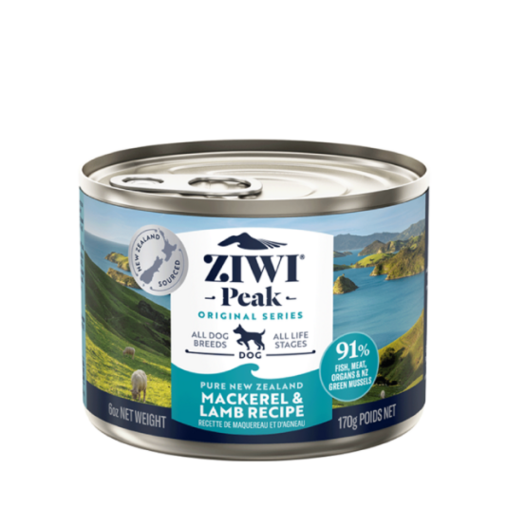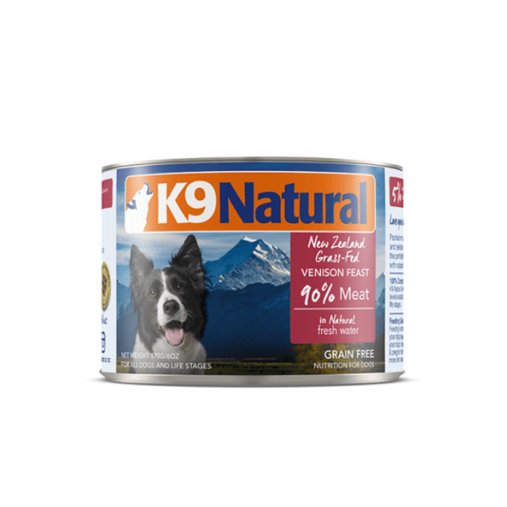How long do Pugs live for?
On average, Pugs live between 13 - 15 years.
How much do Pugs cost?
Expect to pay between $1500 - 3500 for a Pug puppy. On top of this, it's important to budget for veterinary bills, pet insurance, a good quality diet and regular flea and worming medication. Check out our New Puppy Shopping List for more information!
Do Pugs shed?
Yes! The adorable Pug is considered a heavy shedder. While their coat looks short and smooth, they have a dense double-coat that sheds all year round. Stay on top of shedding with regular bathing and brushing to remove loose hairs. Deshedding brushes such as the Furminator are useful to remove loose hairs before they are shed.
Pug colours include Fawn with black muzzle or mask and ears, or they may be black all over.
Is a Pug a good dog?
Pugs are affectionate and friendly pets and are considered to be one of the safest breeds for young children. They are smart and easily trainable, given plenty of patience and the right dog training treats and rewards!
Due to their small size, Pugs don't need a great deal of exercise, making them suitable for apartment living. They aren't big barkers and will sleep for a large portion of the day. Pugs tend to get along with other dogs and can even be found snuggling up to cats in the same household.
How big do Pugs grow?
Pugs weigh between 6.4 - 8.2 kg, with the males typically weighing more than females. The typical height of a Pug is between 25.4 - 33 cm at the shoulder. Your Pug will have completed the majority of their growth by 10 months of age.
Do Pugs bark much?
Pugs are moderate barkers - they may bark to alert you of something or simply if they are bored or excited. Pugs also make a variety of other noises including howling, snuffling, snorting and snoring!
Pugs with separation anxiety may bark when left alone. As with any breed of dog, when leaving them it's important to ensure your Pug has had sufficient physical and mental exercise to tire them out and prevent excessive barking. For more information, check out How to stop your dog barking.
How do I know which Pug breeder to choose?
Pugs are predisposed to health conditions, most notably Brachycephalic Airway Syndrome. Because of the poor welfare implications of this condition, vets recommend to avoid breeding from Pugs that have shown clinical signs of BAS, or have had any surgical intervention for the condition.
For a full checklist of questions to ask when choosing a breeder, read our vet article How to Find a Good Breeder.









